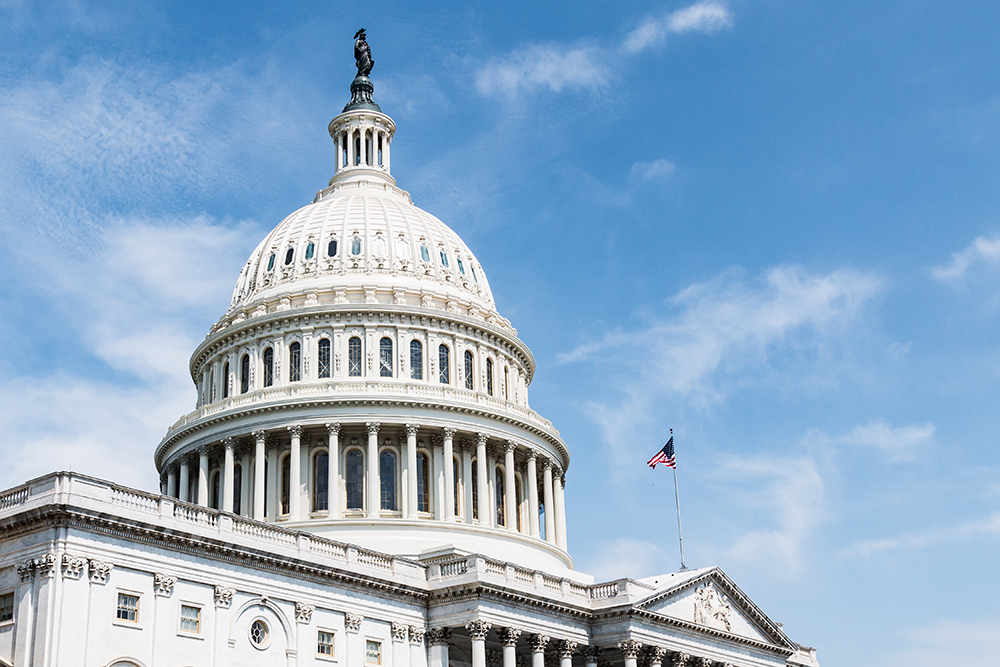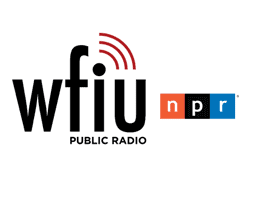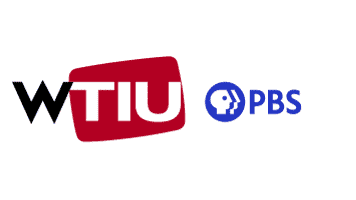
Federal funding for public media has been in the headlines recently. WFIU and WTIU have put together answers to some frequently asked questions on how public media funding works and why it’s essential to our service.
If you have more questions that we haven’t answered here, please contact us. We will continue to update this page as new information comes in.
What is the Corporation for Public Broadcasting?
The Corporation for Public Broadcasting (CPB) is an independent nonprofit that distributes federal dollars to local stations. That money is used to invest in programming and services according to each community’s needs.
The CPB is distinct from both NPR and PBS. It is not a broadcaster, but an independent, nonprofit organization created by Congress in 1967 with two primary functions: to serve as a firewall between partisan politics and public broadcasting and to help fund programming, stations, and technology.
What is the CPB’s role in public broadcasting?
Funding for CPB is established through the federal budget annual appropriations process two years in advance with the intention of insulating funding from political pressures. Its total appropriation is currently over $500 million. The CPB is responsible for allocating their funds from the federal budget in any way that fulfills their mission: to ensure universal access, over-the-air and online, to high-quality content and telecommunications services that are commercial free and free of charge.
NPR and PBS don’t receive direct support from the CPB; the funding goes directly to local stations so they can decide how best to program for their communities.
Historically, public media has received bipartisan support because of our essential role in public safety, education, and civic engagement. We adhere to strict sponsorship policies and review processes to comply with all FCC regulations. We uphold the highest possible standards of journalism to ensure our local coverage remains fact-based, trustworthy, and fair.
How much federal funding does CPB receive?
Federal funding for public media currently totals $535 million per year. That’s approximately $1.60 per American each year. CPB is a very small federally-funded program that amounts to less than .008% of the overall federal budget. It has few federal employees and works on a public-private partnership model. For every dollar CPB provides to stations, $8 is raised in private support—maximizing value while maintaining independence at a low cost for the American people.
How much CPB funding does WFIU and WTIU receive?
Approximately 13 percent of WFIU and WTIU’s budget comes from the CPB (about $1.3 million). That amount is calculated using a complex formula that takes into account our region’s population and how much funding we are able to raise locally from donations by individuals and support from small businesses and organizations.
Why do WFIU and WTIU (or any station) need federal funding?
CPB’s investment directly supports local stations across the country and enables them to provide essential programs and services. If federal funding is eliminated, public media stations could be forced to cut some or all of the following:
- Signature educational content as set forth in the Public Broadcasting Act of 1967
- Important public safety communications during natural disasters
- Professional development and resources for teachers
- Music and cultural programming
- Local newsrooms and personnel providing information essential to the well-being of local communities
Some stations, particularly those in rural areas securing a larger percentage of their revenue from the CPB, could even be forced off the air. In many rural communities, public media stations are the only local sources of news. Approximately 40% of CPB grantees are considered rural, including WFIU and WTIU.
Federal funding provides free, non-commercial programming, educational resources, and reliable, resilient emergency alert services that reach 99% of the public.
What would happen if WFIU and WTIU lost CPB funding?
While WFIU and WTIU would immediately seek to raise the $1.3 million in lost CPB funds from donors and business sponsors, the loss of federal funding would very likely result in immediate and significant impacts on our ability to provide essential services, including the production of local news and music programming, our ability to purchase national programming, and maintain broadcast infrastructure.
In addition, stations across the country rely on pooled resources from CPB including satellite interconnection, emergency alert systems, the ability to license music, and to develop educational programs. The whole network would be impacted in ways that would also impact WFIU and WTIU.
What are WFIU and WTIU doing to prepare for this possibility?
We are in conversations with PBS, NPR, Indiana University, and a national organization called Protect My Public Media to coordinate efforts and advocacy. We’ve met with Indiana’s Congressional delegation and are developing a contingency plan for the potential loss of funding. And we’re keeping our members and audience informed about what’s going on and how you can help.
Why is public media needed when we can get news and content from so many sources?
Local public media stations provide services free of charge to educate, entertain, inform, and inspire. Public media is needed because local stations serve local communities. WFIU and WTIU are locally operated, tailoring content and services to reflect the unique needs of south central Indiana.
Editorial decisions about programming for our audience are made at the station by people who know and live in our community. We produce programs that provide news about our community, foster community connections to address critical local issues, highlight artists and performances in our area, and preserve the rich history and culture of our region.
With the number of local journalists declining nationwide, more paywalled news outlets, and increased division and isolation in our country, independent and nonprofit public media organizations like WFIU and WTIU continue to provide a high level of free service to communities. We believe every person in our community deserves fair and thorough coverage of local, national, and global issues. We abide by a code of integrity to ensure our content cannot be influenced by commercial interests. In a time where anyone can post their opinion to social media, journalism grounded in rigorous fact-checking is essential to inform decisions that affect our health and safety, our finances, our democracy, and our future.
We also make learning accessible to all through PBS KIDS’ trusted, non-commercial, educational shows and activities. Research shows that PBS KIDS moves the needle on basic math and literacy skills and boosts kids’ engagement with learning. These critical free resources are used by parents, including homeschoolers, who want trusted, free educational programming for their kids, and teachers who use educational materials to help students in their classrooms.
How can I help WFIU and WTIU and show my support for public media?
Here’s how you can help us be strong and resilient as we move forward together:
- Visit Protect My Public Media to stay informed as more information about Corporation for Public Broadcasting funding becomes available.
- Record a testimonial from home using these step-by-step instructions.
- Share your story on social media—let others know why WFIU and WTIU matter to you!
- Local community support is one of our largest and most stable sources of funding. No matter what happens, continuing our public service will require your ongoing support. If you’re already a member of WFIU or WTIU, thank you! If you’re not, or if you can give more generously, now is an excellent time to join or increase your support for WFIU and WTIU.







